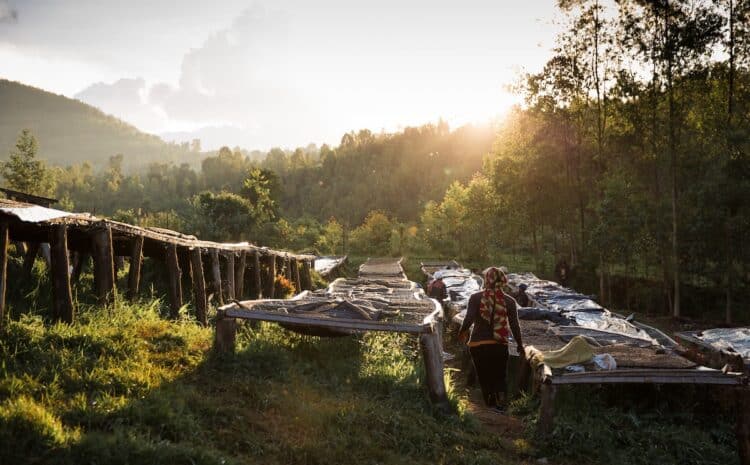International NGO Rainforest Alliance has announced its new Regenerative Agriculture Standard, developed to help coffee farmers and companies build resilient business structures by helping to restore ecosystems in tropical environments and landscapes.
Set to roll out in early 2026, the new certification will see certified farms and companies receive a regenerative agriculture seal to display on packaging. The NGO says it will signify to consumers that these products come from farms and businesses that are committed to enriching the land and the lives of those who live off it.
Initially launched for coffee, the organisation plans to expand the certification to cocoa, citrus, and tea throughout 2026.
“Markets need to move beyond a ‘do no harm’ mindset to one that repairs and restores. Now is the time to transition to a new model of agriculture – one where every cup of coffee gives back more than it takes from the land and the people who care for it,” says Santiago Gowland, CEO of the Rainforest Alliance.
“After years of research and collaboration with farmers and companies, we are proud to introduce a Regenerative Agriculture Certification to help drive this shift.”
The announcement comes in response to extreme weather events and ongoing environmental degradation for coffee farmers. According to the Alliance, global challenges continue to disrupt crop yields, supply reliability, and commodity markets. The certification is designed to support farmers, especially smallholders who produce more than 70 per cent of the world’s coffee.
The Regenerative Agriculture Standard is already being implemented across coffee farms in Brazil, Costa Rica, Mexico, and Nicaragua. At the same time, companies already sourcing from these farms are preparing to launch their first Rainforest Alliance Certified Regenerative coffee products in stores by 2026.





